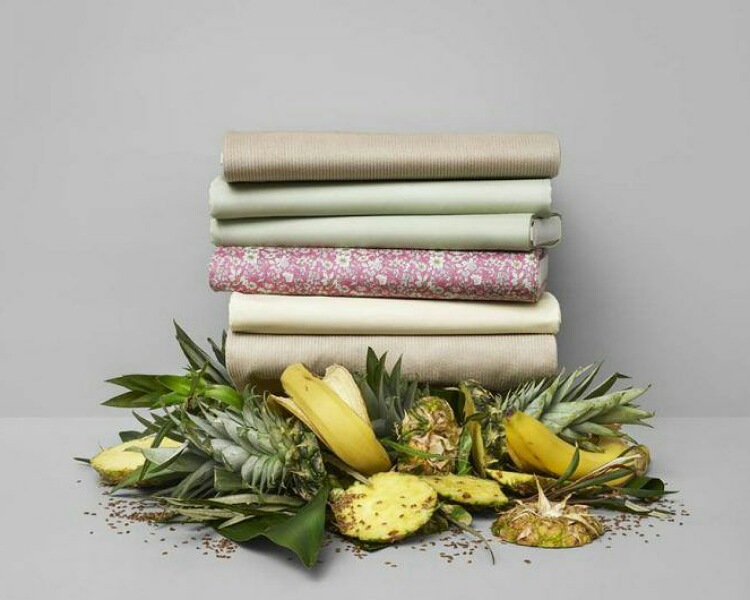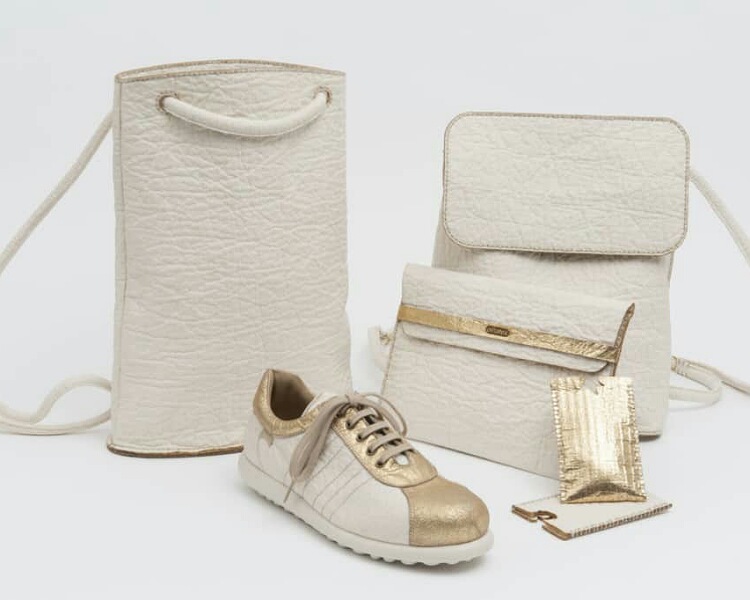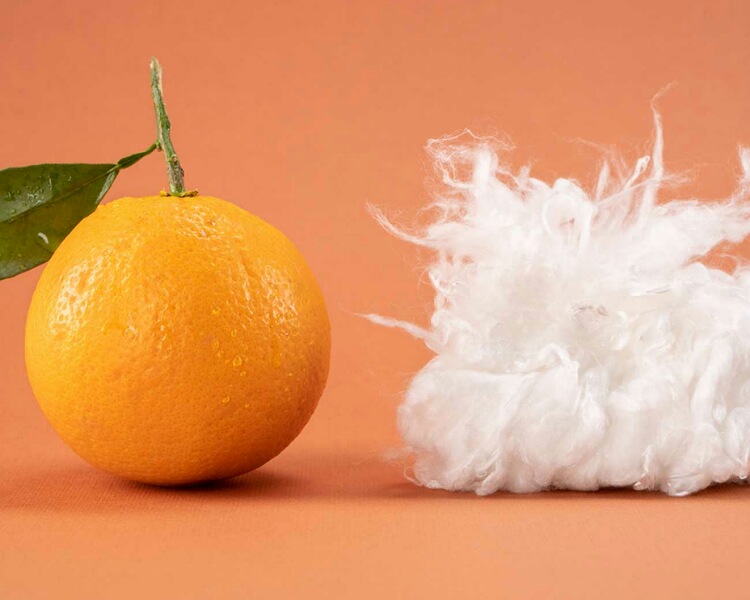Food nutrition is very important. But around 30% of the world’s food is wasted. Attempts to reduce this waste are ongoing.
And now the textile industry has come out with ways to use this food waste and convert it into wearable products. This way they will contribute to the sustainability of the environment.
Food waste and its issues
Food is vital for every living being in this world. Humans too require it in a balanced form. But sadly, more than 30% of the food produced in the world goes to waste, as per the U.N.
Food and Agriculture Organization. It goes as landfills and emits greenhouse gases that are detrimental to the environment.
But now, the textile industry is coming out with inventions to use this organic waste and convert them into eco-friendly products for wearing.
Textiles also add to 6.7% of the greenhouse gases in the world. By using organic waste in the manufacture of clothes, this would come down.

Circular Systems is one such company and its co-founder and CEO, Isaac Nichelson states:
“Zero impact is just a milestone en route to beneficial impact, which is really what we need to be achieving as a species in our habitat,”
Circular systems: from food waste
This company has invented the agraloop technique. It was featured in Vogue and they won the 2019 Global Change Awards for it. In this, organic food waste from pineapple, flax seeds, hemp seeds, and bananas is broken down and converted into a fiber that has high quality and one can make clothes out of it.
Allegorie
This woman-owned firm uses the discarded waste of fruits such as mangoes, apples, and cacti that it collects from farms and grocery stores. After processing, it goes into the making of bags, wallets, and backpacks.
ALTTEX
This company from Toronto converts food waste into a highly sustainable polyester alternative. This will disrupt the polyester industry and the product made is microplastics.
Ananas Anam: from pineapple leaf waste
This company makes plant-based leather from pineapple leaf fiber waste. This special fiber is called Pinatex. This is eco-friendly.

Bananatex
The company from the Philippines makes this natural fiber from the naturally growing Abaca banana plants. QWSTION has developed this product. It is waterproof and 100% biodegradable. This innovation has won several awards and helps in reforestation in the Philippines.
Bolt threads
Bolt threads company makes faux leather from mycelium which is a network of fungi.
This product, Mylo requires mulch, water, and air for growth that happens in just 2 weeks. Many multinational shoe companies such as Adidas have begun using this in their shoe-making.
Dessert
This company has been in Mechas been since 2019 and the owners are Adrian Lopez Velarde and Marte Cazarez. This firm converts nopal cacti (prickly pear) into a leather alternative.
It has no plastic and is biodegradable. It involves no cruelty to animals and requires very less water. Fashion, automotive, and furniture industries use this product in their product-making.
They have partnered with big names and also won several awards for this great innovation.
Also, read What is zero waste cooking? Know the advantages and practice techniques!

Similarly, symbiotic culture of bacteria and yeast (SCOBY) goes into the making of sustainable clothing and jewelry. Then there is the orange fiber in which citrus fruit juice byproducts are used.
Similarly, cow milk can yield Qmilk fiber that is biodegradable and renewable. Taiwanese firm, Singtex makes S.Cafe from coffee grounds.
The coffee grounds and other recycled yarns blend to produce this fast-drying and deodorizing yarn. Last but not the least, Vega from Milan uses wine waste and converts it into a leather alternative.
